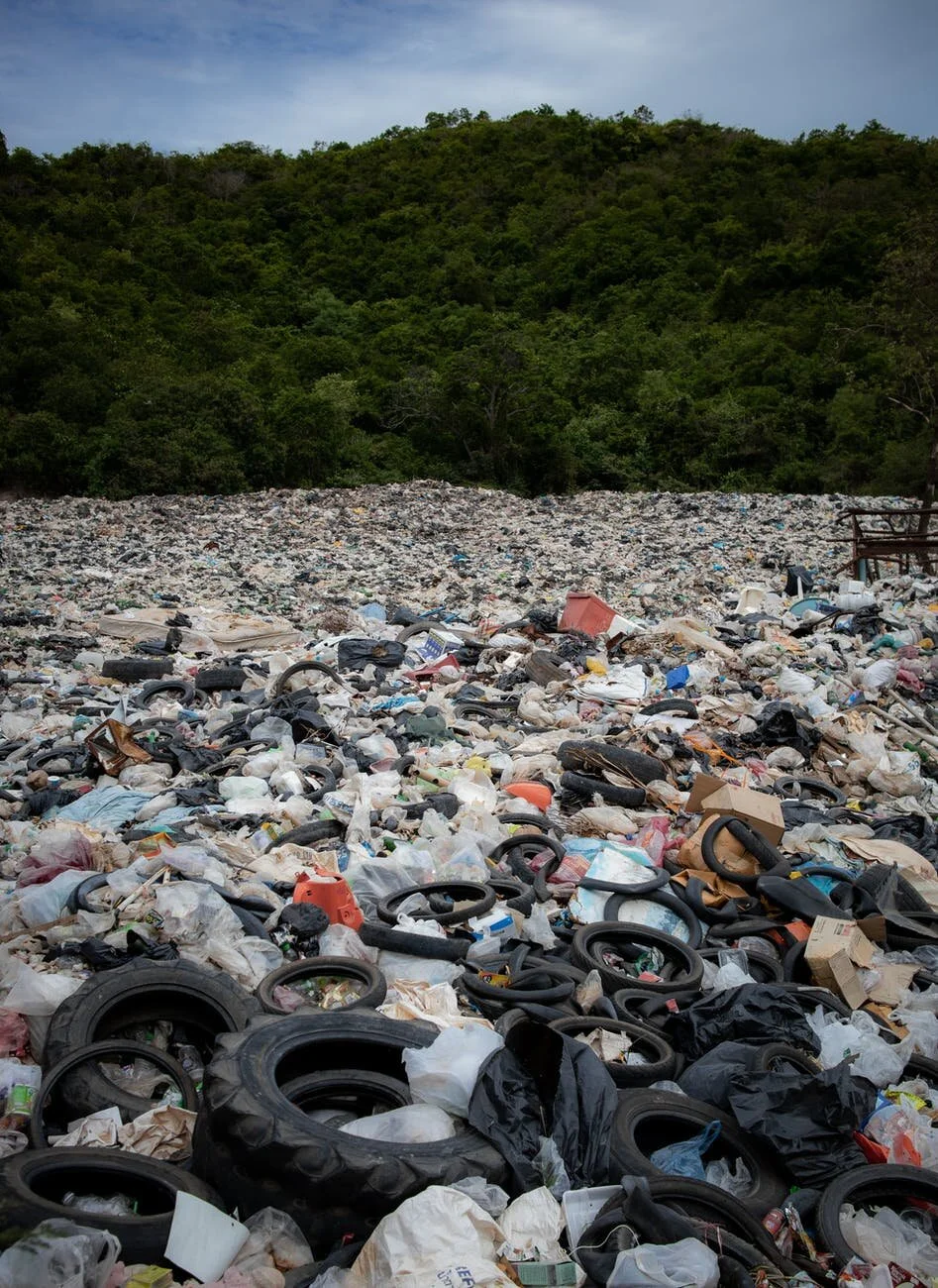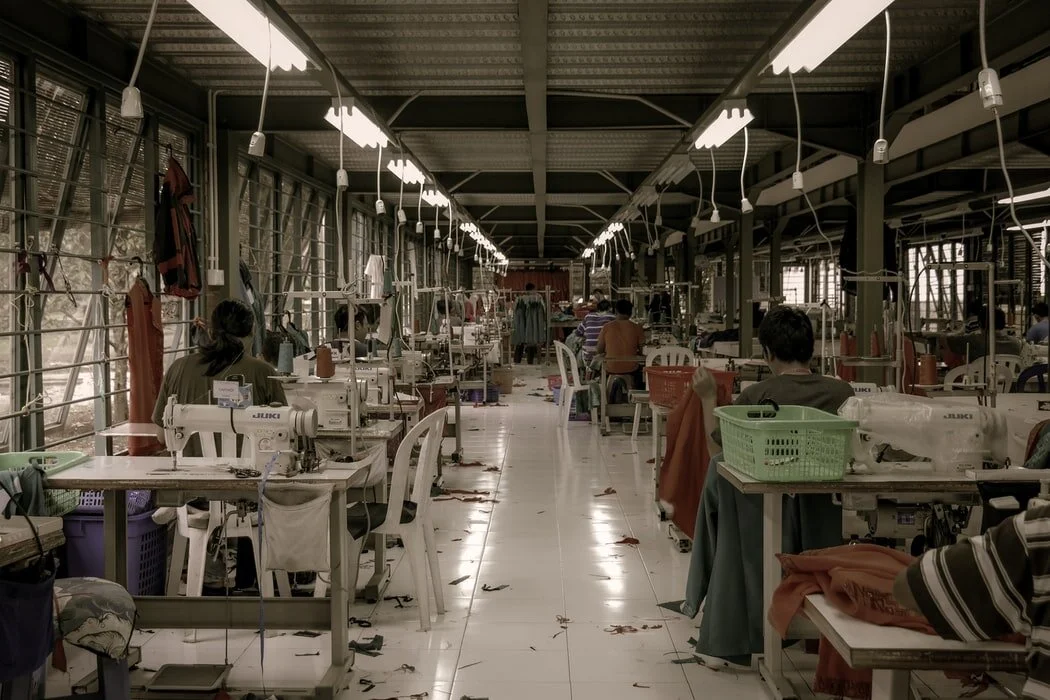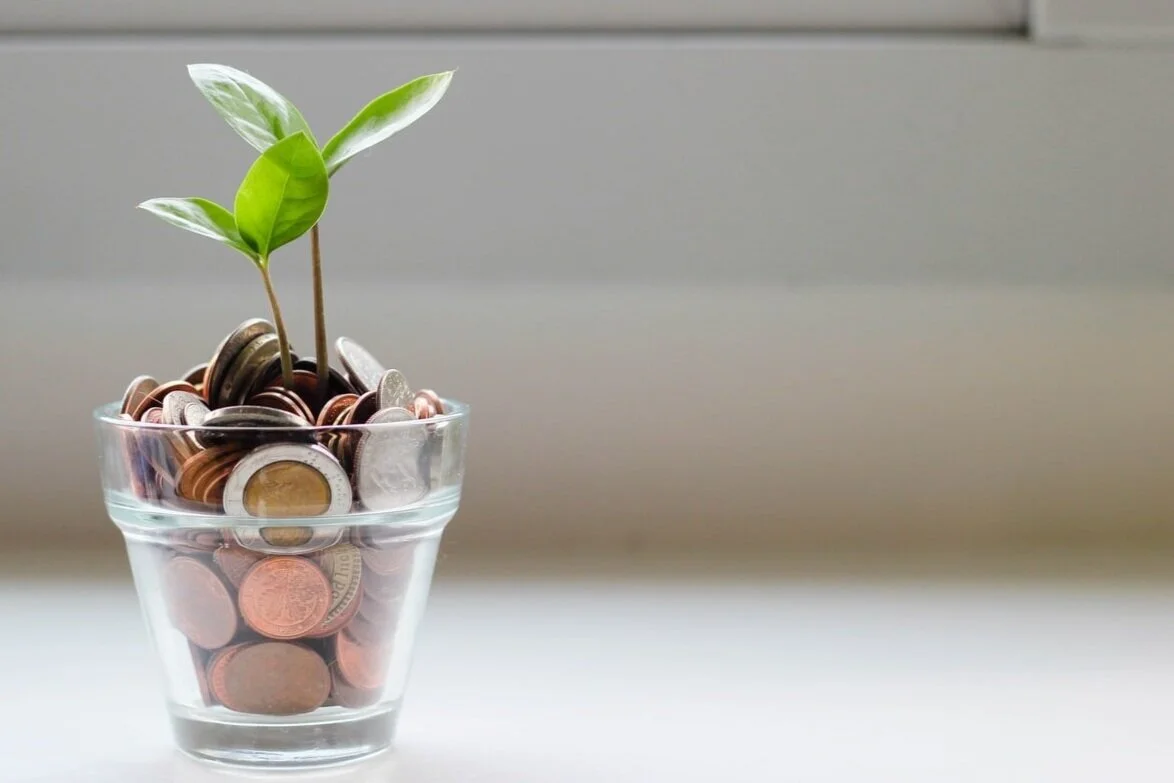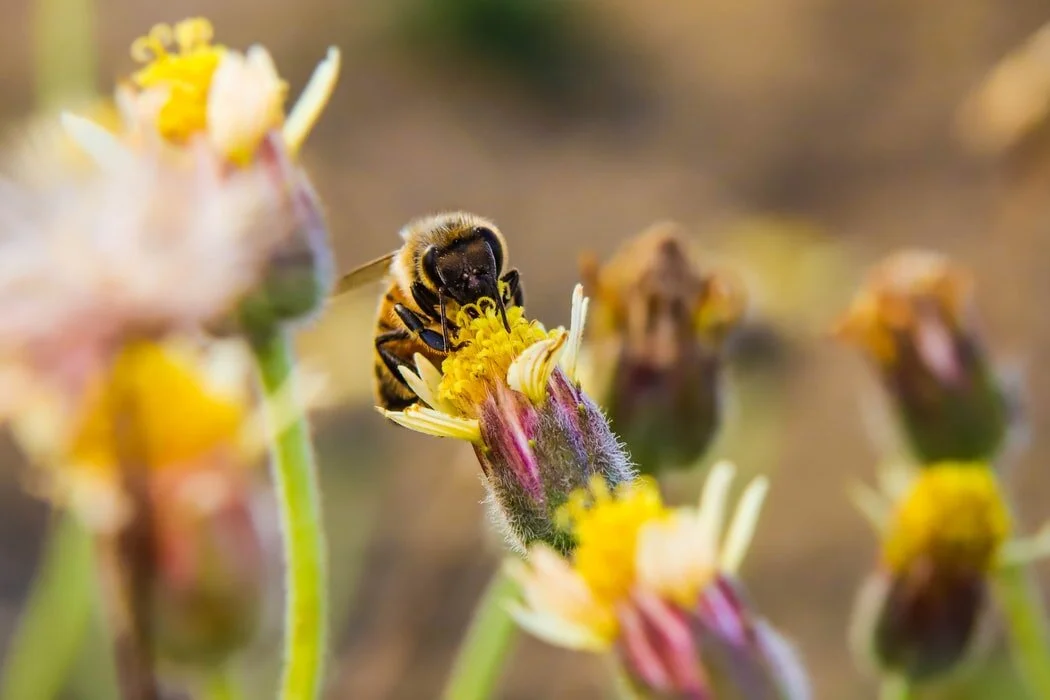Supply Chain Resilience
In February of this year, I was considering purchasing a new Apple laptop. Given the option of customising the existing line-up with increased memory or power, I noticed that the delivery estimate went from next day for a standard model, to over a month for a custom model. What could have been the cause of this? There was no explanation on the official website.
As news of COVID-19 and its impacts in China began to gain traction in international news, I developed a hypothesis: custom computers did not sit in their country of retail like the standard models, but had to be completed based on demand in China before being shipped. The virus had disrupted Chinese manufacturing, logistics, and shipping to a considerably larger extent than was being reported. Apple is known for its firm planning of procurement, with manufacturing and sales integrated into tight annual cycles. If their products were being disrupted, then something was definitely very wrong.
Chinese manufacturing did in fact come to a complete standstill. The ramifications of this were huge. Of course, Apple loses potential customers, but other processes that rely on China in their supply chain faced catastrophic consequences, such as the medical sector. Simple products such as masks and gloves were simply not available. When channelled through alternative routes, the quality of goods was often so poor as to be unusable.
Shortages of toilet paper may seem like a distant, bad dream, but there are serious ramifications to retailers not having sensitivity to surges in demand. This provides a cost to society, where these goods are essential for wellbeing, as well as missed commercial opportunities. Only now are yeast and flour consistently available in supermarkets. The shortage in the surge to bake sourdough bread represented not only missed sales but a scale of disruption so large that something as simple as flour became scarce.
Even companies poised to benefit from social distancing, such as Ocado, stumbled as a consequence of their own success, being forced to limit the number of shoppers that could use their services. Traditional supermarkets and British farms (starved on the supply of seasonal migrant labour) have struggled to staff required positions.
Other businesses have managed to pivot remarkably well, keeping their supply chain open but re-imagining their business models. Food producers have shifted their emphasis from restaurants to become direct-to-consumer in order to replace demand. Restaurants during mandated closures have maintained their relationships with growers and become makeshift grocery stores and to-go wine bars at their storefronts.
All businesses will need to review their resilience and plans for future surges in COVID-19 cases and the inevitable new infectious diseases to come. Supply chains must be distilled, mapped and reviewed to understand weaknesses. Now is the moment to audit environmental and social responsibility.
Businesses will need to focus on whether existing supply chains are intuitively reasonable, beyond their conveniences for the bottom line. A differential in cost can come from cheaper costs in labour, but some of that can come from poor working conditions (modern slavery) and greatly compromised environmental standards. Yes, it may be possible and cheaper to have oil extracted in the Middle East, refined into plastic cutlery in China, shipped to the US and provided free with a take-away meal, collected in recycling, transported to a sorting plant, cleaned and then shipped back to China, but does this really make sense?
When surveyed, only 6% of the British public desire a return to a pre-pandemic economy. Despite expectations that climate change ambitions should be scrapped in order to re-ignite economic growth, people are demanding a more responsible world with more responsible business practice. It is now up to businesses to adapt and deliver.
Route2 delivers unique insights into the total impact of business activities. We offer businesses expert advice and analysis about historical and future performance. Our services (coined Value2Society) strengthen decision making, establish competitive advantage and enhance the value business delivers to society.
To find out more, email us at info@route2.com or phone +44 (0) 208 878 3941
Follow our social media to never miss a post:











